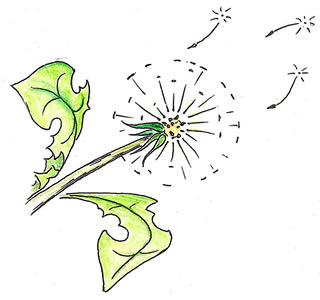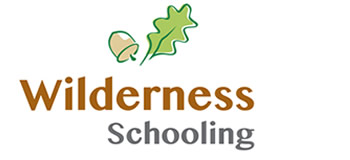The Wilderness Schooling programme typically:
- takes place over 6 weeks
- with a full day session each week
- led by a qualified team of practitioners
- at an outdoor location
- within a 30 minute drive of the school.
The location is likely to be a National Trust property. There is usually an indoor base at each site.
We just wanted to thank you again for the amazing experience that wilderness school is providing for our children. We chose Wilderness School for my class because we wanted to raise self esteem and confidence. We also wanted to promote social skills, teamwork and build resilience. Their time at Wilderness School has genuinely helped and the results have been remarkable. I can see that they feel pride in what they have achieved and their vocabulary when writing feels more authentic and based in experience.
Being able to match the activities to their current topics – such as Science and forces – was a real advantage too. The children could relate their classroom learning to the practical activity, making it more meaningful.
I have witnessed the children’s interest in learning deepen, from being engaged, to being totally invested.
Thank you so much for providing such a fantastic opportunity for my children, providing skills they can use immediately and memories they can reflect on forever.
Kelly McManus, Class Teacher and Richard Gartland, Head Teacher, Springfield Academy, Darlington
Planning your Wilderness Schooling programme
After an initial meeting, you select a group of 15 pupils in KS2, along with a class teacher from their year group, to take part in the programme. The teacher will be integral to the success of the Wilderness School programme.








We’ll assign you a Wilderness Schooling teacher, who will arrange a second meeting with the participating teacher. The order and specific content of sessions will be determined through discussion between the Wilderness School teacher and the class teacher to reflect and support work going on in school. We’ll also collect information about the pupils to help us build up a picture of the group.
Evaluation and feeback
Over the course of the Wilderness Schooling programme, the Wilderness School teacher and the participating school teacher will stay in close contact. Lesson plans and activities will be e-mailed in advance each week and there will be regular opportunities for feedback and evaluation.
Health and safety
The Wilderness School teacher will prepare a site based Risk Assessment in advance of the first session. This will be sent to the participating teacher at the school, with a hard copy available on site for each session. This may include an additional site specific Risk Assessment provided by the relevant National Trust Site. Additional, updated Risk Assessments will be provided through the programme as and when necessary.
Wilderness School teachers and facilitators hold certificates in paediatric first aid, and a basic first aid kit will be available. In some cases a site-based first aider may also be available.
 Insurance
Insurance
The school’s existing school visits policies and procedures will apply to Wilderness Schooling sessions. The school will be covered by its own insurance policy regarding school visits. Wilderness School teachers and facilitators will also have personal liability insurance.
Child Protection
Wilderness Schooling holds as its highest priorities the health, safety and welfare of all children.
